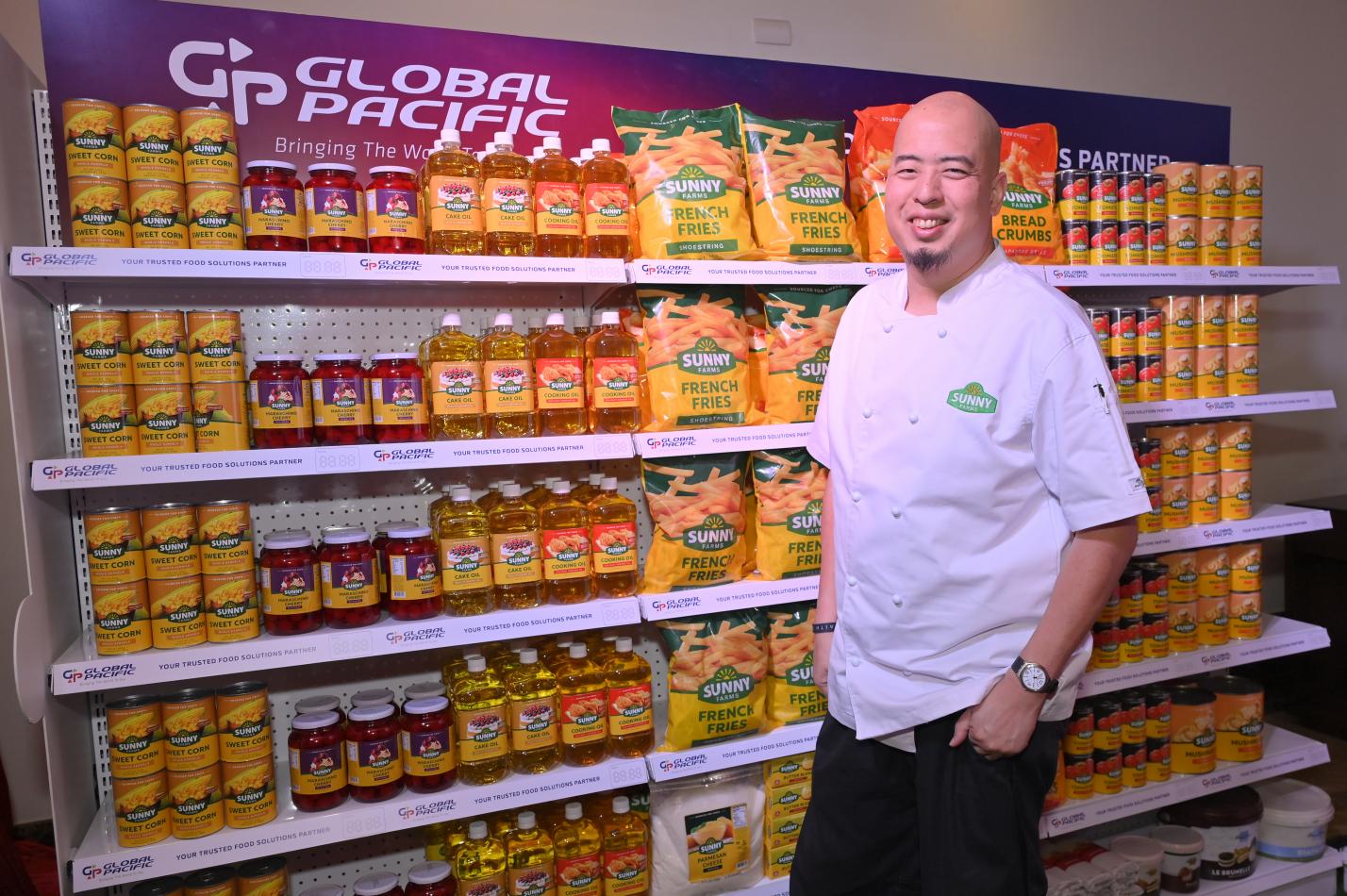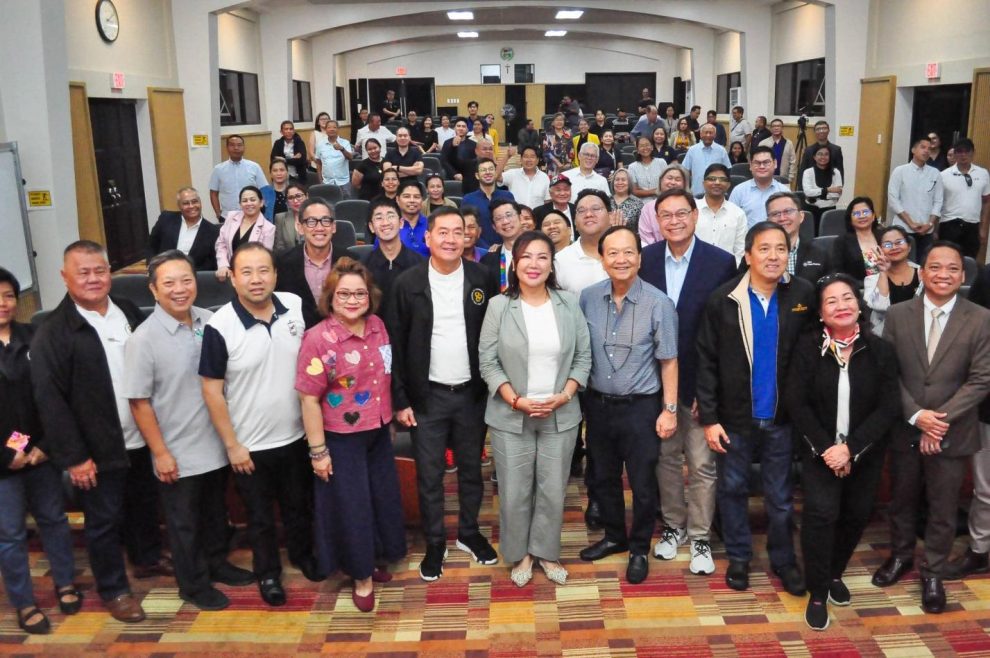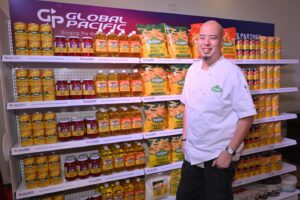MINERVA BC NEWMAN
CEBU CITY—The Cebu Chamber of Commerce and Industry (CCCI) in partnership with the University of San Carlos and the City of Cebu, hosted Economic Forum 2.0 on May 23, at the Rigney Hall in Talamban Campus on the theme, “Economic Crossroads: Tariff challenges and opportunities for the Philippines” with top caliber local economist speakers to call attention on the importance of the private sector, the business community and the civic society organizations in deepening the understanding on the impact of trade policy shifts and identify opportunities for the Philippines’ sustainable economic growth.
“The forum aimed to address the critical topic of tariff challenges and opportunities facing the Philippines’ economy and a platform to deepen the understanding of the tariff changes, gauge the implications for Philippine exports and the broader economy and identify strategies for resilience, innovation, and competitiveness in a post-tariff global environment,” CCCI president, Jay Yuvallos said in his opening message.

It is a crucial platform for dialogue among economists, business leaders, and stakeholders to navigate the complex “economic crossroads” presented by current tariff challenges and opportunities for the Philippines, Yuvallos added.
The imposition of U.S. tariffs in 2025 has sparked renewed concern among Southeast Asian economies, and the Philippines is no exception. Facing a 17 percent tariff under Washington’s new reciprocal tariff framework, the country finds itself reassessing its position within global value chains.
“The implications are far-reaching – for exporters, policymakers, and especially foreign investors evaluating long-term potential in the Philippine economy,” Yuvallos said.

The presence of prominent economists speakers from the University of Asia; Dr. Bryan To, OBE Senior Fellow, The Wharton School, University of Pennsylvania and Robert Dan Roces, Senior Assistant Vice President & Economist, SM Investments Corporation suggested a deep dive into the implications of current and proposed tariff policies on various sectors of the Philippine economy.
Discussions and summary Insights from the forum
The discussions included on how tariffs affect import and export costs, competitiveness of local industries, consumer prices, and overall economic growth.
While specific detailed discussions and recommendations are not yet widely available, insights can be drawn from the forum’s overarching theme and the expertise of its speakers.
The diverse backgrounds of the speakers academic, international business, and local corporate suggested a comprehensive analysis, likely encompassing macro-economic trends, global trade dynamics, and specific business-level impacts within the Philippines. Their insights would have provided a multi-faceted view of the economic landscape.
On challenges, these could include increased costs for imported raw materials for local manufacturers; reduced competitiveness for Philippine exports due to reciprocal tariffs from trading partners; potential for inflation if tariffs drive up prices of imported goods and impact on specific industries reliant on international trade.
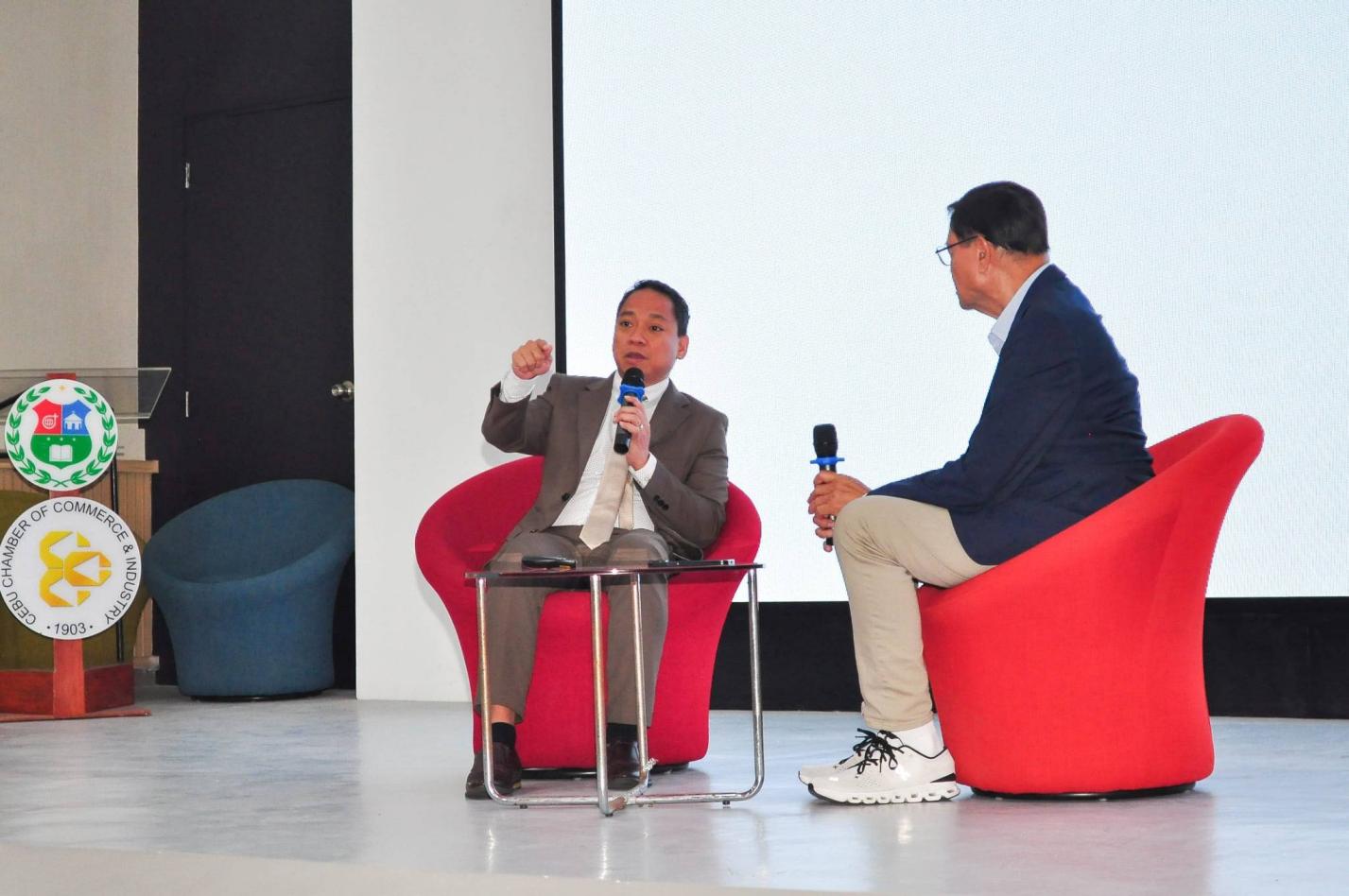
“A slightly depreciated currency supports exports and this is the best time to reposition our manufacturers and exporters. If we have one of the lowest export tariff rates, it is in the interest of many manufacturers to relocate to the Philippines, to relocate to Cebu and export to other countries like the US,” Dr. Ronilo Balbieran, Senior Economist, Environment Planner & Professor, University of Asia said.
On opportunities might involve the protection for nascent local industries against cheaper imports; incentives for domestic production and value-adding activities; potential for negotiating favorable trade agreements that open new markets and attracting foreign direct investment by creating a more level playing field for local businesses.

“We are looking at the possibility of using AI integrated into the business. When you are seeing an increase in hedging, hedging the exchange rate, or hedging the dollar, that’s when you know that the uncertainty is very high,” Robert Dan Roces, Senior Assistant Vice President & Economist, SM Investments Corporation, bared.
Cebu’s role as a major economic hub in the Southern Philippines, discussions also focused on the specific implications of tariff policies for Cebuano businesses and industries, such as furniture, tourism, and IT-BPM, which have significant international exposure.
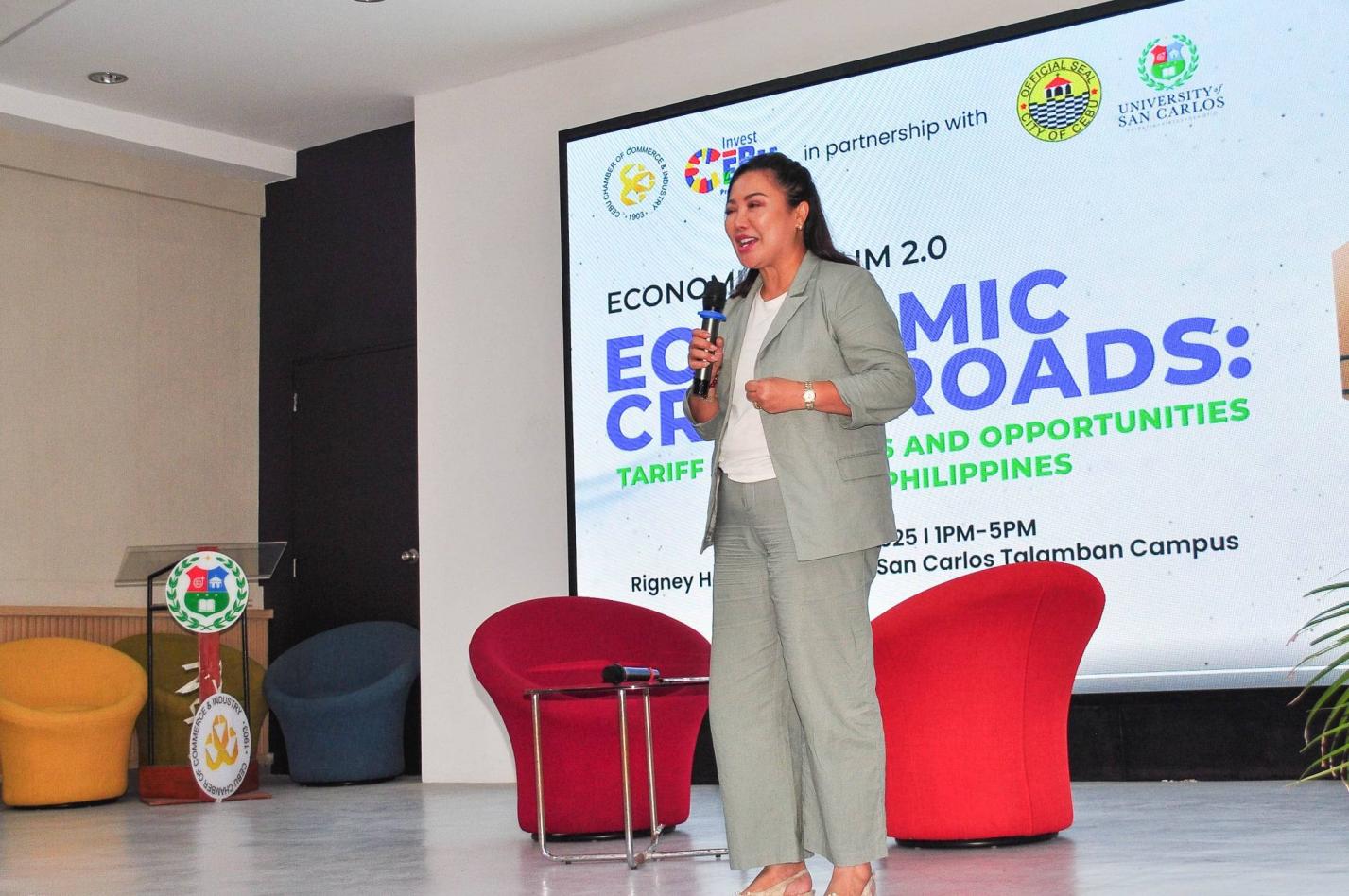
Dr. Brian To, OBE, Senior Fellow, The Wharton School, University of Pennsylvania said, he will do his best for the City of Cebu, for the Province of Cebu, speaking on his role of supporting his wife, Governor Elect Pam Baricuatro.
Potential suggestions from the forum
Concrete recommendations from this forum are not yet published, but similar economic discussions often lead to suggestions that include:
Policy Adjustment: Recommendations for government to review and potentially adjust tariff rates to optimize economic benefits, balancing protection for local industries with the need for competitive imports.
Trade Negotiations: Emphasizing the importance of proactive engagement in international trade negotiations to secure favorable market access for Philippine products.
Industry Support: Proposals for targeted support programs for industries most affected by tariff changes, or those identified as having significant growth potential under new tariff regimes.
Diversification: Encouraging economic diversification to reduce reliance on specific sectors highly sensitive to global trade policies.
Ease of Doing Business: Continued efforts to streamline business processes and reduce bureaucratic hurdles, making it easier for businesses to navigate international trade regulations.
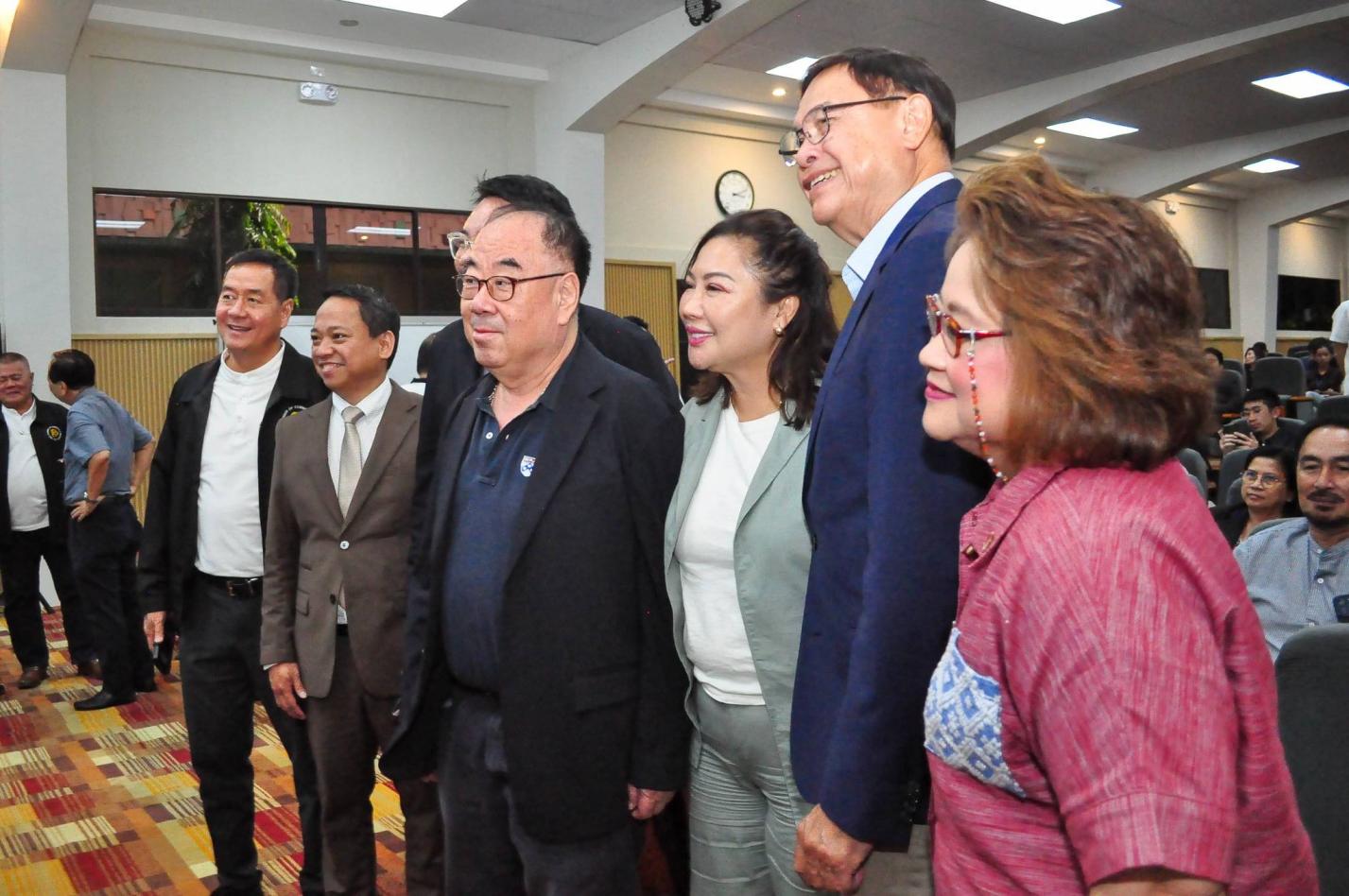
Event organizers said that this forum hopes to call attention and understand recommended strategies for Filipino exporters, manufacturers, and MSMEs as well as strengthening collaboration between public and private sectors because the ever-changing patterns and flows of global trade dynamics are influence by various factors like economic shifts, geopolitical events, and technological advancements.
These dynamics shape the relationships between countries and affect their economic growth, development, and overall stability, CCCI concluded.






